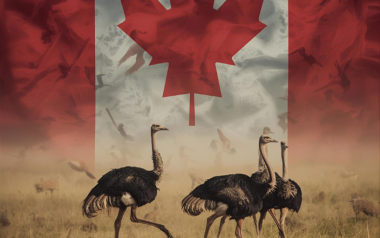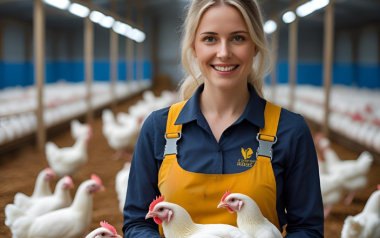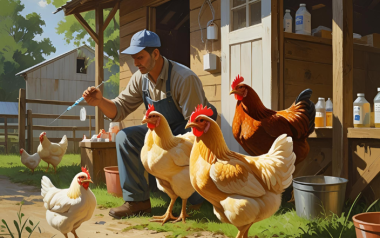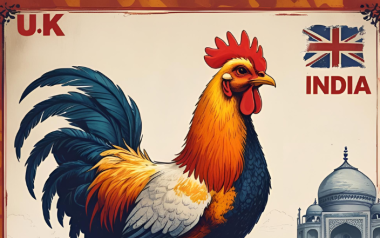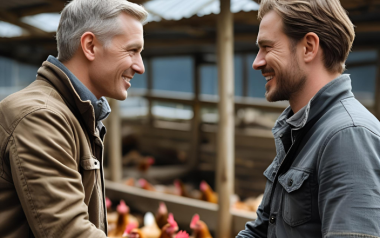Sources: Available upon request
08 Aug 2025
UK-India deal keeps tariffs on poultry and eggs
The newly signed UK-India Free Trade Agreement (FTA), hailed as one of the most ambitious post-Brexit trade deals, has retained tariffs on poultry and egg imports, a move aimed at protecting British farmers and maintaining high animal welfare standards.
The newly signed UK-India Free Trade Agreement (FTA), hailed as one of the most ambitious post-Brexit trade deals, has retained tariffs on poultry and egg imports, a move aimed at protecting British farmers and maintaining high animal welfare standards.
- While the deal liberalizes tariffs on a wide range of goods and services—such as whisky, lamb, and digital services—it notably excludes reductions on chicken, eggs, pork, and sugar.
- This decision follows intense lobbying from the UK’s National Farmers’ Union (NFU), which expressed concerns about competition from Indian imports produced under lower welfare standards.
- India still permits barren battery cages for laying hens, a practice banned in the UK since 2012.
NFU President Tom Bradshaw welcomed the outcome, stating that ministers had “clearly listened” to farmers’ concerns. “Maintaining tariffs on sensitive sectors like poultry and eggs ensures that UK production standards are not undermined,” he said.
Animal welfare organizations also praised the decision. Compassion in World Farming and the RSPCA noted that keeping tariffs high would deter imports that could undercut UK producers on both price and welfare grounds. However, the RSPCA cautioned that the language around welfare protections in the agreement was less robust than in previous deals.
The broader FTA is expected to boost bilateral trade by £25.5 billion annually and increase UK GDP by £4.8 billion in the long term. It opens up India’s vast consumer market to British exporters, with significant tariff reductions on products like Scotch whisky, soft drinks, and high-end cars. Conversely, Indian exporters gain near-complete duty-free access to the UK for textiles, leather goods, and engineering products.
- Despite these gains, some UK sectors expressed disappointment.
- Dairy producers, for instance, saw liberalization of Indian dairy imports without reciprocal access for British cheeses and dairy products.
- Critics argue that cumulative concessions in successive trade deals could erode domestic food production.
The agreement also includes provisions for digital trade, intellectual property, and public procurement, with India opening its £38 billion e-procurement market to UK bidders.
In summary, while the UK-India FTA marks a significant step in strengthening economic ties, the decision to retain tariffs on poultry and eggs reflects a careful balance between trade liberalization and safeguarding domestic standards.








